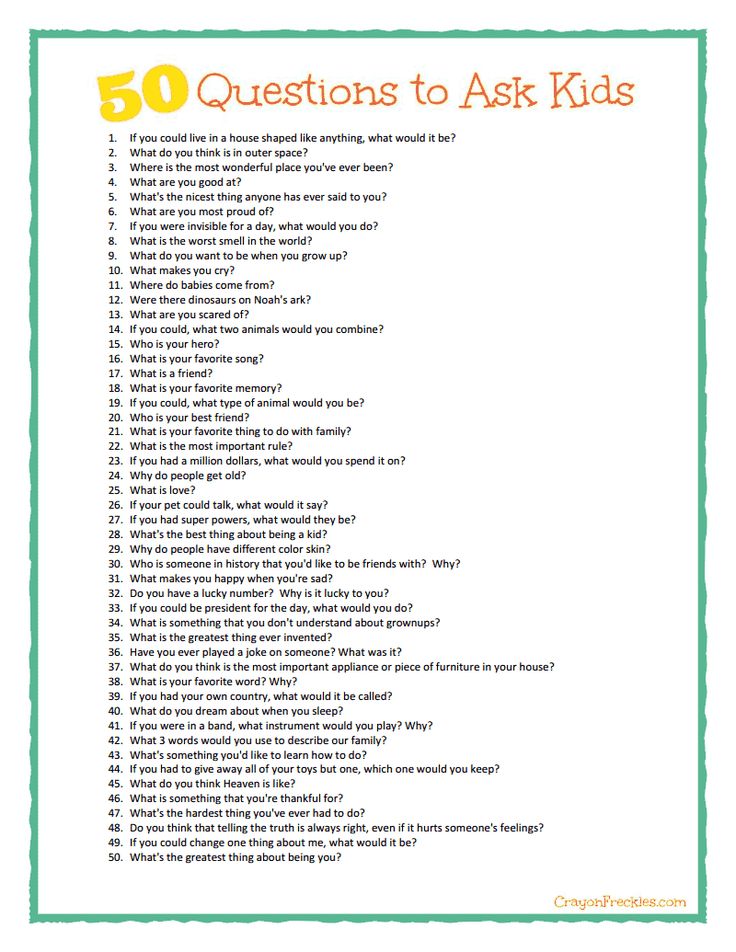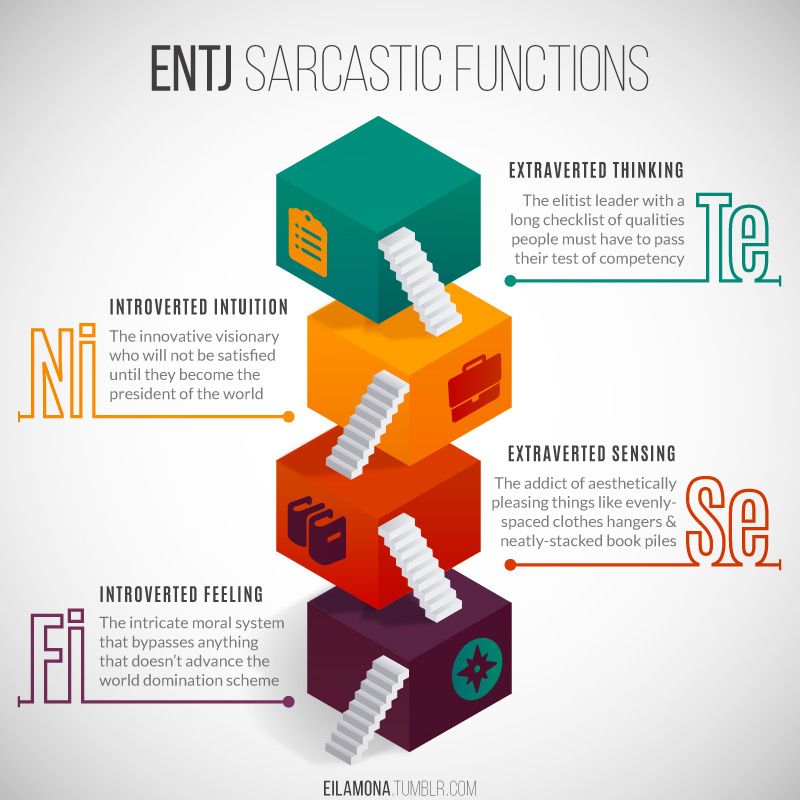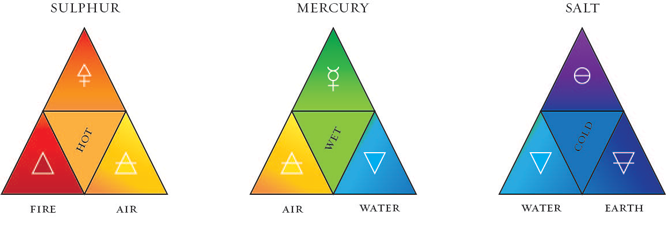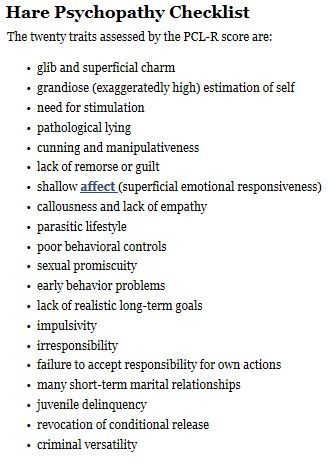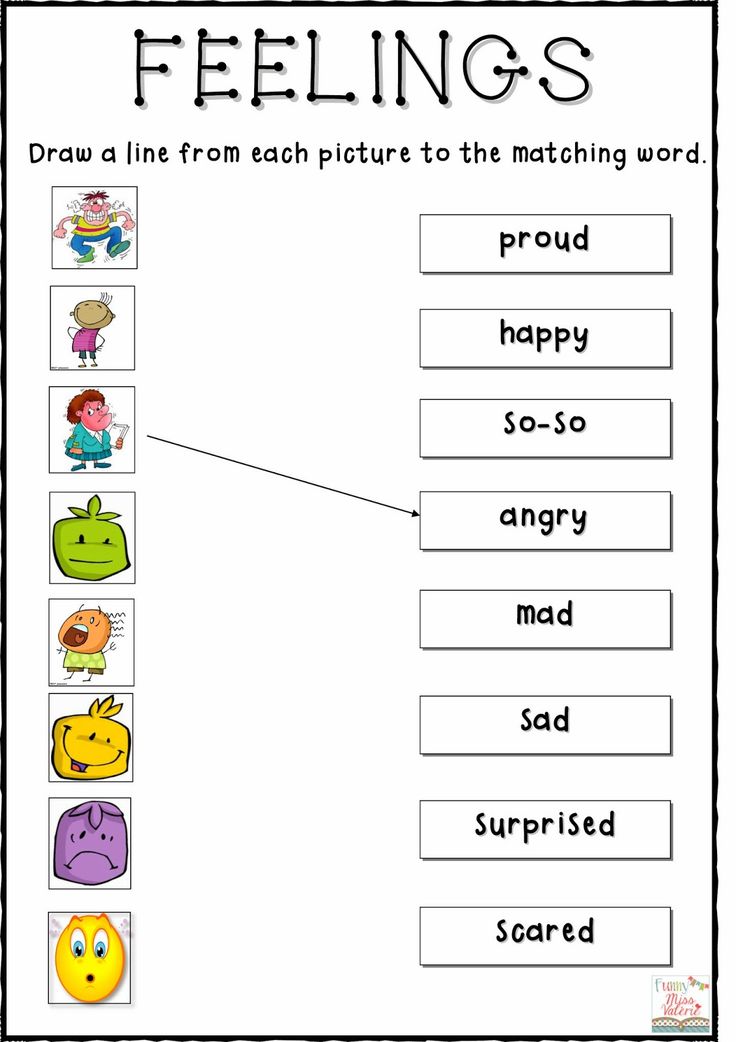Manipulative tactics in relationships
25 Examples of Manipulation in Relationships
In This Article
We all have it in us to be manipulated or to become manipulators. Even just batting your eyes at someone in a flirtatious way could be labeled as manipulation. Sadly, some people escalate to become deceitful and nasty manipulators, exhibiting various examples of manipulation in relationships.
Manipulation by your partner can make you question your own worth and version of events. It can also negatively impact your confidence and insecurity levels in the long term. That’s why it becomes essential to identify when someone is trying to manipulate you.
Defining manipulation in relationshipsManipulators exploit and control people to serve their needs and goals. Examples of manipulation in relationships include not giving you a straight answer. Sometimes that’s because they don’t know any other way of communication.
Narcissists and psychopaths, for example, are expert manipulators partly because they don’t feel any empathy. Of course, they also want to achieve their goals of being center-stage and getting what they want in life.
All of us are potential targets because we generally want to believe the best in people. Moreover, the signs of manipulation can be subtle, especially if enveloped in charm. Either way, whether it’s positive or negative forms of manipulation, you’re still being forced into feeling or doing something you don’t want to.
How to notice the traits of a manipulatorYou can’t always easily recognize examples of manipulation in relationships because they can be confusing. They might look friendly and charming on the surface but deep down, there’s a dark motivation.
If you’re feeling confused, guilty, or physically abused, you could be with a manipulator. Look at this article on how to recognize manipulators for more details.
25 signs of manipulative behavior in relationshipsHow to recognize manipulation starts with observing and naming the behavior.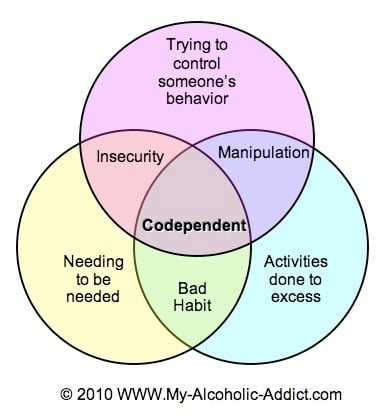 It will be hard to ignore your doubt that it’s you because master manipulators live off creating confusion.
It will be hard to ignore your doubt that it’s you because master manipulators live off creating confusion.
Nevertheless, go through these examples of manipulation and don’t be afraid to accept them if that’s your experience. There’s no shame and, on the contrary, it’s a brave step to take.
1. Blaming languageAll examples of manipulation in relationships control how someone thinks and behaves. Regardless of the motivation, language is still one of the most powerful ways to sow the seeds of doubt.
Blame is personal and most people stop and think when they get accused of not being their ideal best. That’s when you start doubting yourself and wondering if it’s you or your partner.
Imagine hearing all-day-long statements such as these manipulative language examples: “you’re overreacting,” “you’re imagining things,” “you wouldn’t question me if you loved me”? Any normal person would start succumbing and doing whatever the speaker wanted.
Related Reading: How to Deal With Someone Who Blames You for Everything2.
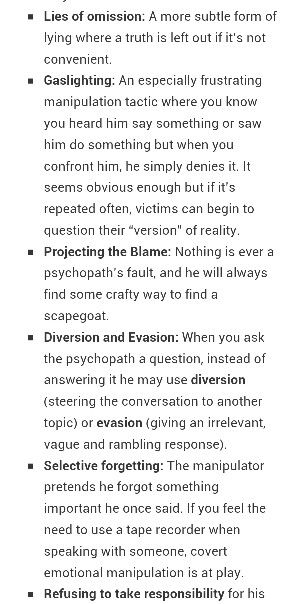 Blackmail
Blackmail Emotional blackmail is another critical examples of manipulation in relationships. People do this by giving the silent treatment or sarcasm to get what they want. They might even accept to do something you want to later use as a bargaining tool.
Psychotherapist Susan Forward, in her book ‘Emotional Blackmail,’ took things one step further and defined what she referred to as FOG: Fear, Obligation and Guilt. Essentially, blackmailers want something from you and they’ll pressure you through those emotions to force you to give in.
These can be subtle manipulation tactics but they are firmly on the list of indicators of manipulation in relationships.
Related Reading: How to Handle Emotional Blackmail in a Relationship3. Repackage the truth
One of the most obvious examples of manipulation in relationships is that they’ll twist the truth or leave bits out. You’ll find yourself almost doing a double-take as you listen to your manipulator and realize that their truth makes them look so much better.
The worst part is if you start denying their truth and arguing that they’re wrong. That’s when they might use the full force of their manipulative communication style. It can get gruesome, very personal and nasty very quickly.
4. GaslightingThis example is similar to repackaging the truth, except that you lose yourself and your ability to tell the difference between what’s real and what’s not with gaslighting. You essentially start believing you’re going mad.
As research on gaslighting explains, there are different ways to manipulate someone into thinking they’re mad. These include denying facts, minimizing events, changing topics, blaming inadequacy and keeping information back. All of these can also be examples of manipulation in relationships.
Related Reading: Am I Being Gaslighted?5. Passive-aggressive
One of the frustrating examples of manipulation in relationships is when people don’t say what they mean. Alternatively, they’ll stay silent and just glare at you, leaving you trying to guess what’s wrong.
Alternatively, they’ll stay silent and just glare at you, leaving you trying to guess what’s wrong.
Other manipulative language examples that are passive-aggressive include saying “I’m fine” through gritted teeth or saying “thank you” to a criticism. Essentially, that person has negative emotions that they can’t or don’t want to share openly.
Related Reading: How to Deal With a Passive Aggressive Spouse6-. Threats of separation
According to research, we get scared because of what could happen and our inability to predict it. This is a powerful tool for subtle manipulation tactics because fear keeps bubbling away at the back of your mind.
So, when your partner threatens to leave you, take the kids or the house, you don’t necessarily believe it at first. Nevertheless, it creeps into your dreams and your anxiety rises and you find yourself succumbing to the traits of a manipulator.
7. Constant dramaExamples of manipulation in relationships usually revolve around drama.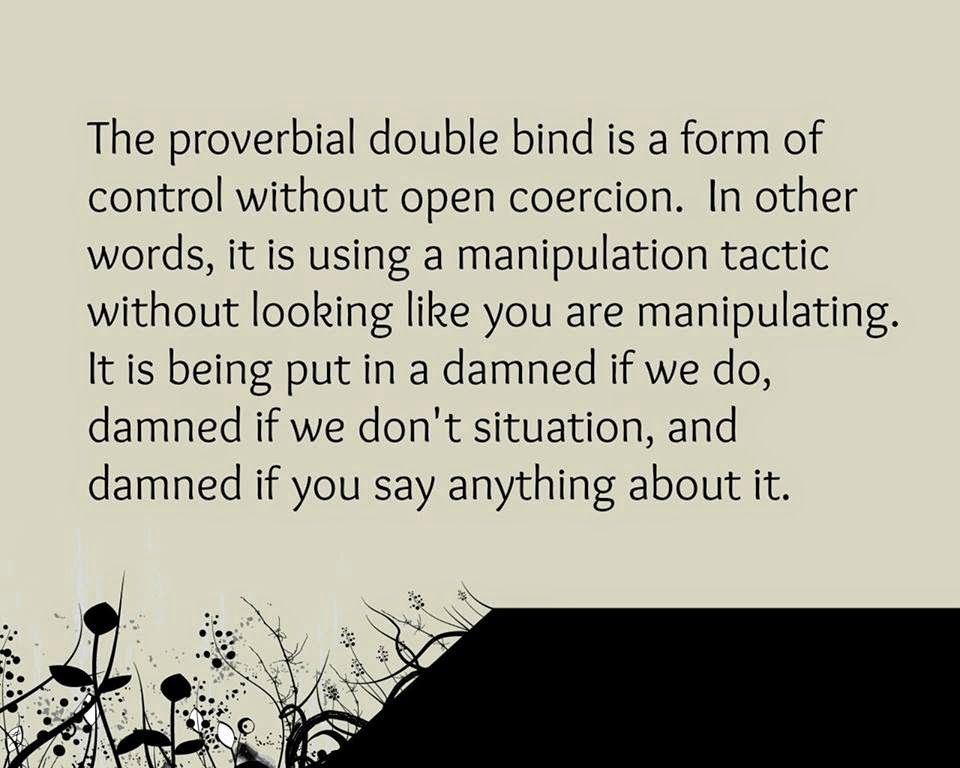 So, you’ll find your partner might make sweeping judgments or generalizations about you. For instance, “you’re the only one who knows how to do this” or “no one does it like you.”
So, you’ll find your partner might make sweeping judgments or generalizations about you. For instance, “you’re the only one who knows how to do this” or “no one does it like you.”
The worst manipulative communication style is threatening you with suicide. Often, this is just another tactic but the worst part is that you’re not sure. Regardless, you also need to look after yourself. That’s why it’s perfectly ok to call for professional help in those cases, such as the local suicide hotline.
Related Reading: Types of Drama You’re Too Old to Deal With in a Relationship8. Pretending confusion
Types of manipulation in relationships often include denial and feigned confusion. For instance, your partner might pretend not to understand that you want something done.
Alternatively, they might deliberately do something wrong to avoid helping around the house. A typical example could be loading the dishwasher with the crockery in the way of the spinning blades.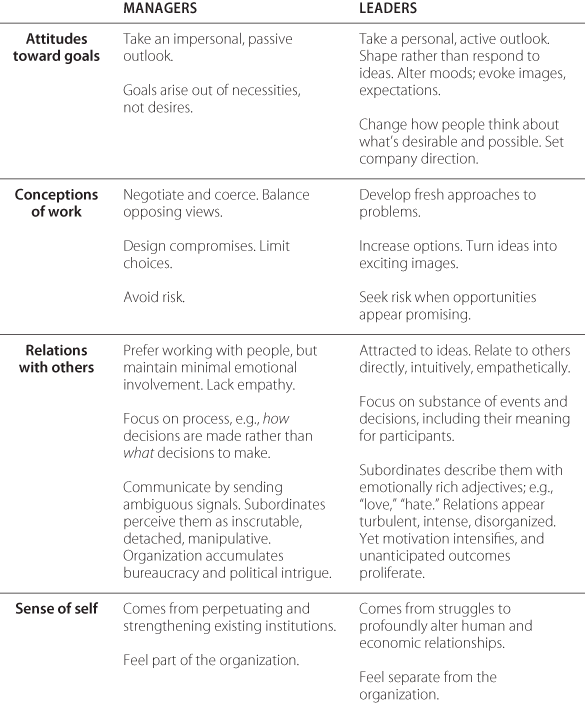
Emotions are the best tool for controlling and manipulating other people. Most of us like to think we use logic and reason to make decisions. Nevertheless, we also need emotions.
Moreover, many of us aren’t taught how to manage our emotions, so we become easy targets. As this study explains, even psychopaths understand the force behind emotions to get people to do what they want, despite not feeling emotions.
Anger and intimidation are great examples of manipulation in relationships because they make us stop and freeze. We want to do everything in our power to protect ourselves. So, the manipulator wins.
10. Vague boundariesAnother big clue for how to recognize manipulation is when boundaries are all blurry. Manipulators want to keep all their options open to maximize their personal gain. They can’t do that with fixed boundaries.
Instead, they’re very clever at adapting to situations to get the most out of those around them, not just their romantic partner. This further adds to your confusion as you hear them defending vastly different opinions time and time again.
This further adds to your confusion as you hear them defending vastly different opinions time and time again.
Related Reading: 6 Types of Boundaries in Relationships & How to Maintain Them11. Play the victim
Examples of manipulation in relationships are about control. What better way to do that than by leveraging sympathy? If you feel sorry for them, you’re more likely to comply. Yes, they’re using the fact that you’re a good person against you.
Considering that the best manipulators are psychopaths and narcissists, neither of whom can feel empathy, this isn’t surprising. They still understand enough about human behavior to use you for their selfish gain.
Have a look at this video to learn some clear signs that someone is always playing the victim:
Also Try: Am I in a Relationship With a Victim Quiz12.
 Overcompensate with flattery
Overcompensate with flatteryWhatever types of manipulation in relationships you’re experiencing, they’ll take a toll on your emotions. One day, you’re being criticized and the next, showered with compliments. Again, master manipulators are adept at adapting to situations.
Interestingly, you don’t necessarily know what makes them hot or cold because it also involves their issues and insecurities. Sadly, manipulators usually use these tactics to hide their inadequacies or crave something, often power.
13. Impose their agendaAs mentioned, power can have a lot to do with the examples of manipulation in relationships. So, you’ll notice them forcing specific topics into conversations. They’ll also only pay attention when it’s something they want to talk about.
The overall drive behind these forms of manipulation in relationships is to show that they know more than everyone else. Manipulators want to be superior no matter the cost.
Related Reading: Is My Partner Manipulating Me Quiz14.
 Changing opinions
Changing opinions One of the confusing traits of emotional manipulators in relationships is that they constantly change their minds about things. As mentioned, this is because they’re trying to optimize their gains according to the situation.
Your partner’s changing opinion can have a massive impact on you because you never know where they stand. You’ll find yourself walking on eggshells as you try to avoid further examples of manipulation in relationships.
15. Guilt tripRegardless of which examples of emotional manipulation you’re living through, you’ll feel guilty at some point. Ultimately, you’re starting to doubt yourself and wondering if you are the cause of all these issues.
The best manipulators will then play with your guilt to get even more out of you. It’s actually another form of gaslighting because you start feeling responsible for something you never did. You then try to change your behavior, but the manipulator knows they’ve got you by then.
That manipulative communication style that makes the manipulator simply look dumb is usually frustrating to the victim. Add to that all the confusion and pain and your emotional health will be screaming for help.
Generally, the overall goal is to avoid doing whatever you need or want. It could also be a way to avoid helping around the house or with the kids. As examples of manipulation in relationships go, this one aims to frustrate you into doing whatever your manipulator wants.
17. Focus on your insecuritiesEmotional manipulators in relationships know how to use your doubts against you. So, when you worry about not being good enough in the relationship, they’ll reinforce that by telling you that you’re never there for them.
The idea is that because you feel bad about yourself, you give in to their demands in the hope of feeling better. This is only one of the examples of manipulation in relationships and with time, you’ll feel worse because you keep sacrificing your own needs.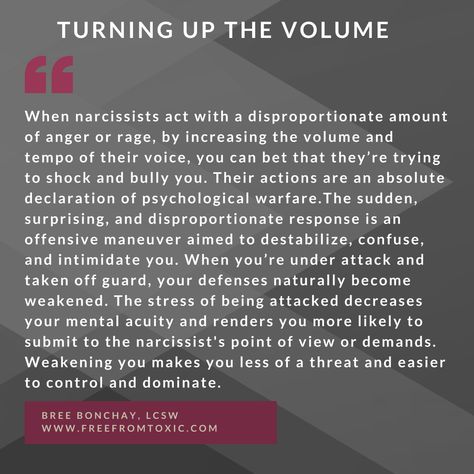
Related Reading: 8 Signs Indicating Insecurity in Relationships18. Overreaction over petty fights
Other examples of emotional manipulation include picking fights with you over petty things. Issues are over-exaggerated and there is an overreaction that makes you feel guilty and cornered. It can convince you that you are the cause of immense upheaval.
The driver behind these manipulative behavior examples is to deflect the focus onto you and your perceived mistakes.It can have the effect of making you feel that under-confident and guilty, which the manipulator can use to get what they want.
Related Reading: Guilt Tripping in Relationships: Signs, Causes, and How to Deal With It19. Judge and criticize
Demeaning and critical language is also one of the common examples of manipulation. This allows the manipulator to shame you and either crush you or put you on the defensive.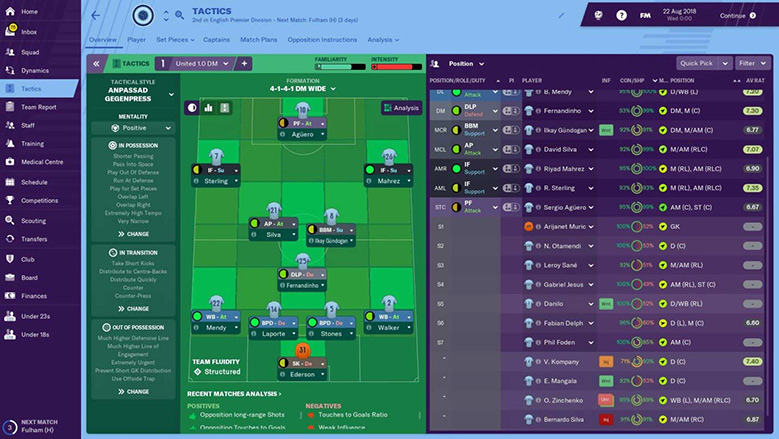 Sometimes this can be done through so-called humor or sarcasm.
Sometimes this can be done through so-called humor or sarcasm.
Either way, it’s hurtful and your self-esteem takes a beating. As this form of abuse continues, you might start doubting yourself so much that you cut yourself off from family and friends. You essentially enter a vicious circle of self-doubt and loneliness.
20. Overwhelming attentionConfusing examples of manipulation in relationships are when they shower you with attention. This will come across as love, for example, caring statements, perhaps doing things around the house or helping you in some other way.
Giving you overwhelming attention can happen at any time in a relationship but can be particularly overwhelming at the start.
You find yourself caught up in a whirlwind as you move through the dating stages faster than you would want. Suddenly, all decisions are made for you and you feel that you owe them something.
21. Changing criteriaManipulators are adept at adjusting their views and shifting the goals according to a situation. This logical fallacy is a tactic commonly used by narcissists and sociopaths. Overall, they keep raising their expectations of you such that you feel that you can never be enough.
This logical fallacy is a tactic commonly used by narcissists and sociopaths. Overall, they keep raising their expectations of you such that you feel that you can never be enough.
The general aim is to make themselves feel good by appearing superior. They need someone to serve their needs and fill the void with no empathy for others.
Of course, they’ll never actually see how much effort you put in but will keep demanding more until you’ve completely burned out.
22. Physical intimidation and controlMost of the above examples of manipulation in relationships involve language. Let’s not forget physical aggression or simply using one’s body to intimidate and coerce you. This accentuates your fear and again, you’re more likely to give in as you try to stay physically safe.
All manipulative behavior examples are about control but they’re also about not facing responsibility. So, manipulators end up living in this absurd paradox where they don’t want to be responsible for anything and yet, they want to control you.
Controlling you lessens their fear of being abandoned while giving them the impression that you’re in awe of them. Moreover, by confusing you, they’re defining your so-called reality, giving them a sense of false security in a constantly changing world.
Related Reading: 25 Signs You’re in a Controlling Relationship23. Gifts to buy you back
Bribery is perhaps one of the more straightforward examples of manipulation in relationships to spot. Imagine having just been scolded and criticized to find your partner goes out to buy you a bunch of flowers? The apology might seem sincere but it’s just a bribe to get you back in their control.
Naturally, if this is a one-off incident, you might be dealing with a simple trigger that upset your partner. In a healthy and grounded relationship, you can talk through it together and understand what you both need from each other.
24. Pitch others against youPainful examples of manipulation in relationships are when your family and friends start siding with your manipulator.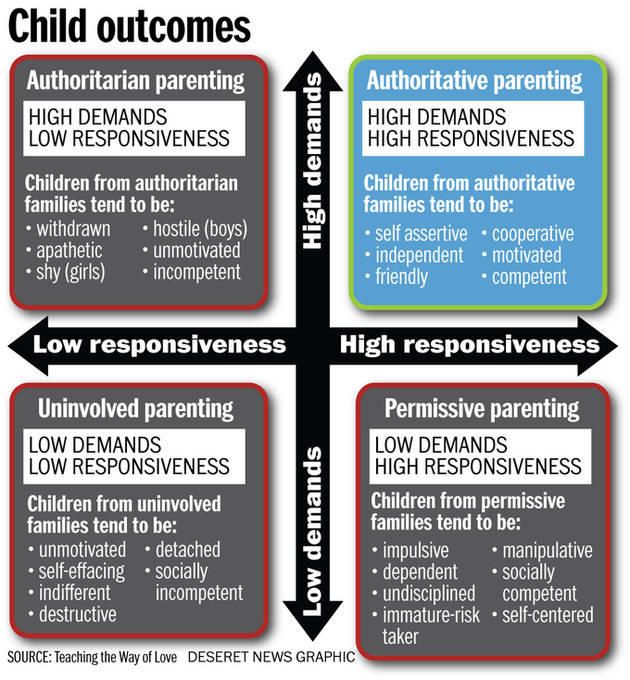 They are often charming and adept at spinning a story that many of us are fooled.
They are often charming and adept at spinning a story that many of us are fooled.
Narcissists are so good at this that they often start fooling themselves. Moreover, they stay center stage by getting friends and family on their side. Narcissists crave attention and devotion and they’ll charm and lie their way to get it.
25. Emotional outburstsManipulators want the world to revolve around them. Tragically for them and those around them, they never learned the tools to manage their emotions and navigate life in a socially acceptable way. With uncontrolled emotions, even adults can have tantrums, not just children.
In terms of adult tantrums, you might observe increased agitation, faster pacing or aggressive movements. When this happens, you don’t want to get involved, so walk away as peacefully as possible to keep yourself safe.
Handling emotional manipulators in relationshipsFirst, you need to observe the examples of manipulation in relationships and work with a coach or therapist to understand your part of the dynamic. Sometimes, we unknowingly pick up manipulative behaviors too.
Sometimes, we unknowingly pick up manipulative behaviors too.
Secondly, learn about your needs and how to establish boundaries based on them. Try to work with your partner, perhaps through couples counseling, to support each other to understand your motives for your behaviors.
ConclusionManipulators leave hurt and confusion in their wake through the many examples of manipulation in relationships. These range from gaslighting to lying, guilt-tripping and even flattery. You’re then left in doubt about whether you’re doing enough for them.
It’s always possible to heal and recover from unhealthy relationships.
It’s often best to work with a professional to establish your needs and whether the relationship is right for you. From there, start setting boundaries and learn the power of no. That in itself becomes highly therapeutic as you reclaim your life.
7 Manipulation Tactics to Know
Manipulative tendencies can surface in any relationship. Knowing what to look for can help you avoid them.
Knowing what to look for can help you avoid them.
Manipulation can happen to anyone in all kinds of relationships, from friends and romantic partnerships to parents and family relationships. Even work colleagues and your boss might have manipulative tendencies.
Yet, a manipulative person can be hard to recognize.
Manipulation in relationships can sometimes be so subtle and effective, you may wind up questioning your perception of the situation, rather than the other person’s actions or motives. Gaslighting can make discerning manipulative tactics especially difficult.
But by learning what to look for, you may be able to protect yourself from manipulation tactics and psychological games before they start.
Manipulative people often use common manipulation tactics and behaviors to get what they want. Here’s what to look for.
Guilt-tripping
Guilt-tripping is when someone tries to make you feel responsible or guilty of your actions or decisions.
Drake explains that guilt trips often involve using something one person did for the other as “leverage” to get what they want.
Some examples of guilt-tripping might be:
- “If it wasn’t for me, you wouldn’t have gotten through college. You owe me.”
- “I’m the one who is working all the time, while you are spending time with friends. I deserve this expense.”
- “If you can’t come over, then I might as well not invite anyone else that night. There’s no point then.”
Lying
People with manipulative tendencies often lie to try to control or coerce others, as well as avoid blame or consequences for their actions.
For example, a teenager who’s been told they are not allowed to hang out with a particular group might lie about their whereabouts. Or, they may lie to the other parent about being given permission to go out with their friends.
“If one parent doesn’t check in with the other parent, the teen may be given permission to go with those friends,” Drake explains.
Pathological lying may be a sign of a mental health condition.
Flattery
It can be hard to tell the difference between a compliment and flattery.
A compliment is given to sincerely point out something positive with no expectation of gain. But flattery is often used disingenuously as a tool to gain emotional leverage. With flattery, there’s often an expectation of getting something in return.
For instance, someone who wants a raise or promotion might regularly praise their manager’s strengths and accomplishments.
Projection
Projection happens when one person claims an emotion they’re feeling — such as jealousy — is actually being experienced by someone else.
For example, a person with manipulative tendencies might cause tension and drama, but blame someone else for creating that energy.
Maggie Holland, a licensed counselor in the state of Washington, explains that projecting aids a person who manipulates in dodging responsibility for their actions and helps them avoid changing their behaviors. “But it can also erode your trust in your own reality,” she adds.
“But it can also erode your trust in your own reality,” she adds.
If you think you might be projecting, Holland suggests pausing and asking yourself: “Is this my stuff or their stuff?” This can be helpful for disrupting projection.
“It’s also really important that we don’t project our own values onto a manipulator, because that just sets us up for a lot of disappointment and frustration,” Holland adds.
‘Moving the goalposts’
Sometimes, no matter how much you show up for someone who manipulates, they will change their expectations at the last minute to keep you constantly running toward their “goalposts.”
Someone who moves the goalposts can set you up for frustration and exhaustion.
Holland explains that with manipulative people, “you’re never going to actually reach those goalposts, and your efforts and success won’t be acknowledged if you do.”
Believing in yourself, recognizing your own needs, and disengaging can be helpful for avoiding feelings of demoralization.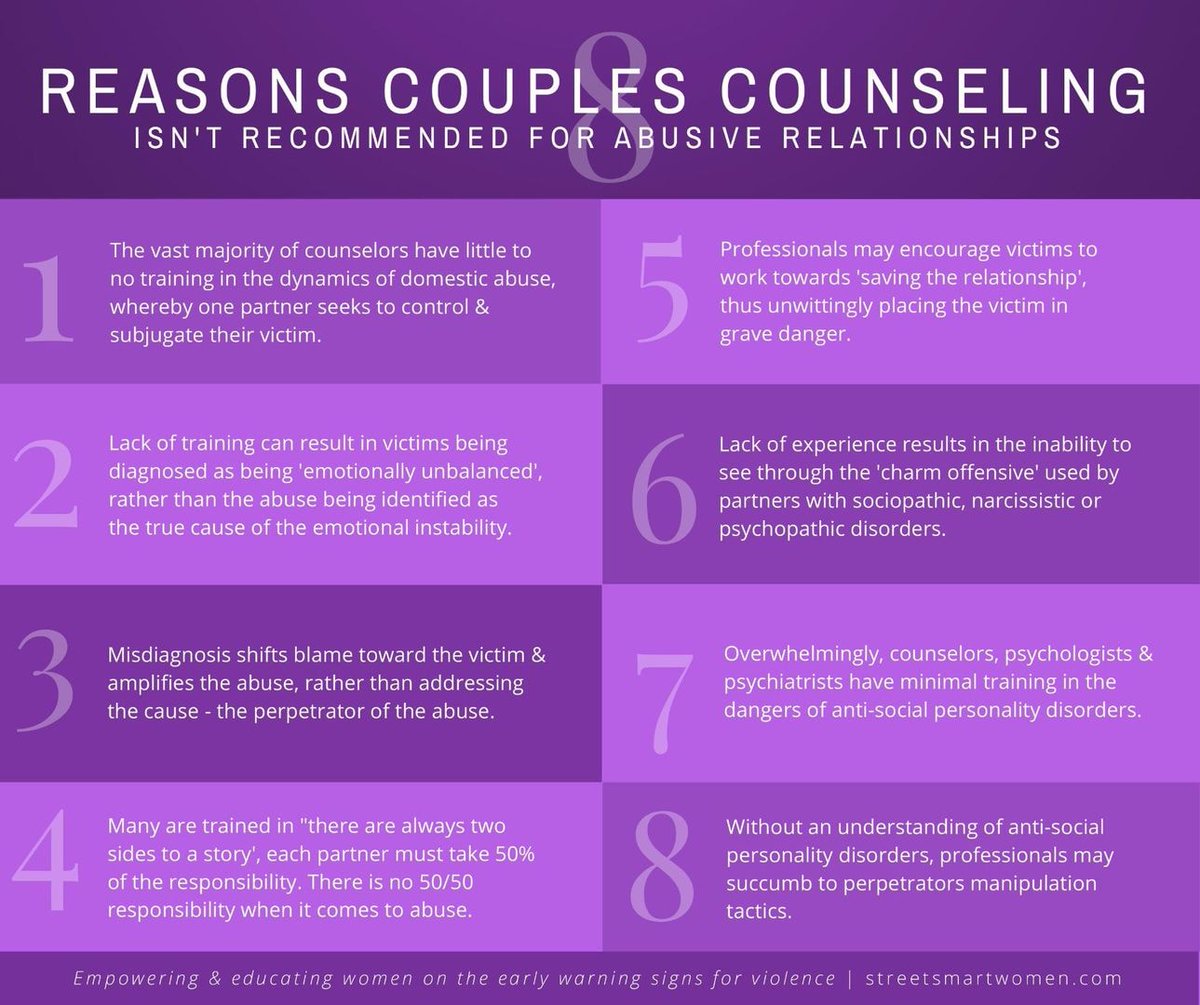
Holland suggests working to understand your personal values, goals, and standards to feel like you met your own expectations.
“Remind yourself that you’re just a human being, doing the best you can, and that is enough.”
Triangulation
Triangulation can take many forms, but often happens when a third person is brought into your communication, instead of keeping the issue between the two people it impacts.
For example, a manipulative person might involve your mother in a disagreement to take their side against you. “Now, all of a sudden, you’re disagreeing with two people and the odds are not in your favor,” Holland explains.
According to Holland, triangulation often keeps manipulative people from having to take responsibility and may protect them from feeling like they’ve lost an argument.
Becoming aware of triangulation can be helpful for spotting it. Try to disengage with “triangles” whenever they come up unfairly.
“This means you’re going to have to set and stick to some firm boundaries, but remember that boundaries are not meant to control people, but to ensure that you’re still able to remain in a relationship with them in a healthy way,” says Holland. “Boundaries are not heartless, they’re actually really healthy.”
“Boundaries are not heartless, they’re actually really healthy.”
Love bombing
Love bombing is manipulation through excessive attention, often showering you inappropriately with gifts, compliments, affection, and time.
These things may be wonderful, which can be confusing. However, love bombing is when this feels enrapturing, takes all your attention, and is excessive.
“It might feel great at first, but it usually leaves you isolated and makes you lose sight of who you are,” Holland explains. “Once you’re ‘swept away,’ this attention might stop, and will leave you feeling like you’re seeking it out or chasing it down again.”
If you’ve already experienced love bombing and are on the other side, give yourself patience and work to forgive yourself. “You’re not blind. A manipulative person took advantage of your normal human nature to want to feel desired and cherished,” Holland adds.
Some ways to avoid love bombing include:
- regularly spending time with friends and loved ones
- engaging in your own interests outside of this person
- checking in with yourself often to ensure that you’re aligned with your values and standards
Manipulation is coercive or unethical behavior driven by the goal of exploiting or controlling another person for your own personal gain.
Taylor Draughn, a licensed professional counselor, and marriage and family therapist, explains that manipulation “can be a very effective way to get what you want, but it can also be very dangerous.”
She adds, “If someone can manipulate you, they can control your actions and your thoughts. It is important to be aware of the signs of manipulation so that you can protect yourself from this type of abuse.”
While manipulative tendencies are often subtle and sometimes undetectable, there are four stages of manipulation.
- Flattery. The first stage is when the person who manipulates puts on a facade of being kind, caring, and helpful. “They may act like they want to help you with anything you need, but in reality, they’re just trying to get what they want from you,” Draughn explains.
- Isolation. This is when the person who manipulates may start to isolate you from your friends and family. They might try to convince you that your loved ones don’t understand you or want to control you.
 The goal is usually to separate you from people who might spot the manipulation, Draughn explains.
The goal is usually to separate you from people who might spot the manipulation, Draughn explains. - Devaluing and gaslighting. During the third stage, someone who manipulates may try to make you feel guilty or confused. “They might start telling you that you’re ungrateful, or that you’re making them unhappy,” says Draughn. The purpose of this stage is to make you doubt yourself, your instincts, and your decisions. “It can be very difficult to break free from the manipulator’s control at this stage,” Draughn adds.
- Fear or violence. The fourth and final stage is when the person who manipulates may begin to threaten you. According to Draughn, they may threaten to leave you, hurt you, or hurt themselves as a way of keeping you under their control with fear. “It can be very difficult to break free from someone who is using threats as a form of manipulation.”
People manipulate others for many reasons, including:
- Control.
 People who manipulate might be driven by a need for control or controlling tendencies, which may feel thrilling.
People who manipulate might be driven by a need for control or controlling tendencies, which may feel thrilling. - Low self-esteem. Manipulation can be a way for a person to avoid feeling bad about themselves. Jason Drake, lead clinician and owner of Katy Teen & Family Counseling, says that “People manipulate largely due to lack of self-confidence or self-esteem.” “They may not feel that they have the ability to get what they want on their own merits,” he says.
- Ego. A common reason among narcissistic people, someone who manipulates “may believe that they are the brightest and most capable person around, and might use manipulation to feed their ego that they can outsmart others and gain from their efforts,” Drake explains.
- Personal gain. A manipulative person might use these tactics to obtain something they want, such as money, power, or attention.
- Avoidance. Manipulation might offer a way to avoid taking responsibility for their own actions.

Manipulation can be sneaky, but you can work to avoid it with these strategies:
- Know the signs. People who manipulate often exhibit similar types of behaviors. Watch out for people who are overly friendly, make empty promises, or try to make you feel guilty, Draughn explains.
- Be aware of your emotions. Evoking strong emotions is at the core of most manipulation methods. “People who use manipulation often play on your emotions, but remember that you can’t let them control how you feel,” says Draughn.
- Stay calm. It can be important to stay in control of yourself and not lose your cool when dealing with people who manipulate. “Don’t let them rattle you or get under your skin,” Draughn explains.
- Avoid personalizing. Even though manipulation can be hurtful, try to internalize that this behavior has nothing to do with you. “Manipulation has more to do with the other person and their inability to meet their own needs in a healthy way,” says Drake.

- Listen. While it doesn’t feel good for someone to attempt to manipulate you, being confrontational can inflame the situation. Try listening with empathy so that you can identify what their needs or wants are, Drake suggests.
- Respect your boundaries. After listening to the other person and feeling that you are being manipulated, it’s important to hold healthy limits and boundaries in check. “If you respond respectfully, yet assertively, and [don’t] give in to the manipulation, over time, they will generally see you as someone their tactics don’t work on and will move on,” Drake explains.
- Tell someone you trust. It can be emotionally draining and hurtful in dealing with someone who is manipulative. Talking with a close friend or family member about what you’re experiencing can be healing. “Close friends and family can often give you great feedback and advice, and it’s helpful to have a listening ear when dealing with someone who manipulates,” Drake adds.

People with manipulative tendencies may use these tactics to manipulate others for a variety of reasons.
If you have been the target of manipulation, it can feel confusing and hurtful. Try to understand that a manipulative person’s behavior is not a reflection of you, and you don’t have to accept negative treatment and manipulation.
Manipulation can sometimes be subtle enough to go unrecognized. But more often than not, manipulative people use similar behaviors that can be spotted. Knowing what to look for and responding can help you avoid manipulation.
The effects of manipulation can impact your mental health. Talking with a therapist can help you process what’s happened and teach you new skills for moving forward.
If you’re ready to seek help but don’t know where to start, check out Psych Central’s guide to finding mental health care.
Manipulation in relationships. 7 signs that you are being manipulated - Psychologist Daria Bestuzheva on vc.
 ru
ru 8778 views
Content:
· What you need to know about manipulation in a relationship?
· Forms of manipulation
· Common signs of manipulation
· Methods of manipulation
In each of us there is a tendency to become manipulator or self-manipulator. Sometimes even a simple wink can be seen as manipulation. Demonstrating various examples of manipulation, some people become deceitful manipulators.
Manipulation by your partner can make you doubt your own point of view and negatively affect your self-esteem. That is why it is important to recognize in time when someone is trying to manipulate you.
What you need to know about manipulation in relationships?
Manipulation is a psychological technique that is used to get what you want without taking into account the interests of the partner. The essence of the reception is to push the other person to the result that you want to get by your actions, so that the person thinks that he is doing these actions solely of his own free will.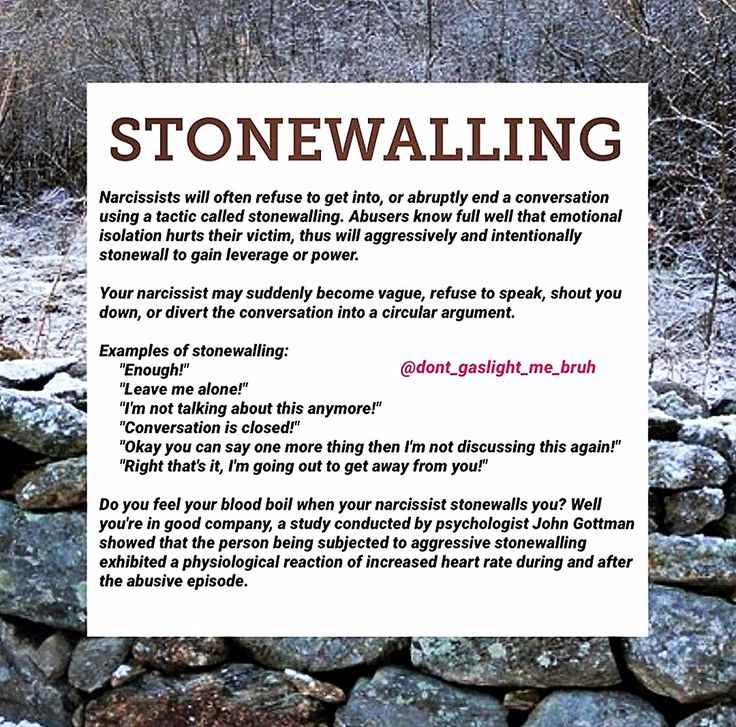 You can learn how to manipulate people. Some people think that this is even simple enough, however, like any other skill, manipulation takes time and constant improvement.
You can learn how to manipulate people. Some people think that this is even simple enough, however, like any other skill, manipulation takes time and constant improvement.
Follow me on social media and get a healthy relationship checklist for free 👇🏻❤
There are two forms of manipulation in relationships.
Positive
This type of control and manipulation in relationships includes influence based on mutual understanding and romantic feelings. With this type of influence, a person gently and slowly pushes the other to the result he needs. Sometimes this kind of manipulation can bring partners a lot of pleasure. For example, by such actions, men and women try to "please" each other in order to get something more.
Negative
It includes actions aimed at realizing the desires of a person without taking into account the desires and goals of the partner. This kind of manipulation in relationships can be called selfishness in its purest form. A person, in fact, is a tool that another person uses without giving anything in return. These actions do not imply the continuation of the relationship, since the victim can quickly realize that she is simply being used and end all relations with the egoist.
A person, in fact, is a tool that another person uses without giving anything in return. These actions do not imply the continuation of the relationship, since the victim can quickly realize that she is simply being used and end all relations with the egoist.
In fact, the relationship with the manipulator is a serious threat. Women are more likely to fall into the traps of manipulators, although sometimes the opposite is true. Let's look at this phenomenon using the example of a woman-manipulator and a male victim. Any man who has what a manipulative woman wants to take away can become her victim. Recognizing the true intentions of the manipulator is not easy. She carefully disguises them under exaggerated care and admiration. At the very beginning of the relationship, she will do everything to make the victim feel like a real man. Having lulled his vigilance, she will begin to destroy his social ties. Why does he need another if he has already met "the best of women"? The woman destroys his emotional state with her unexpected actions, convincing him that he absolutely cannot live without her.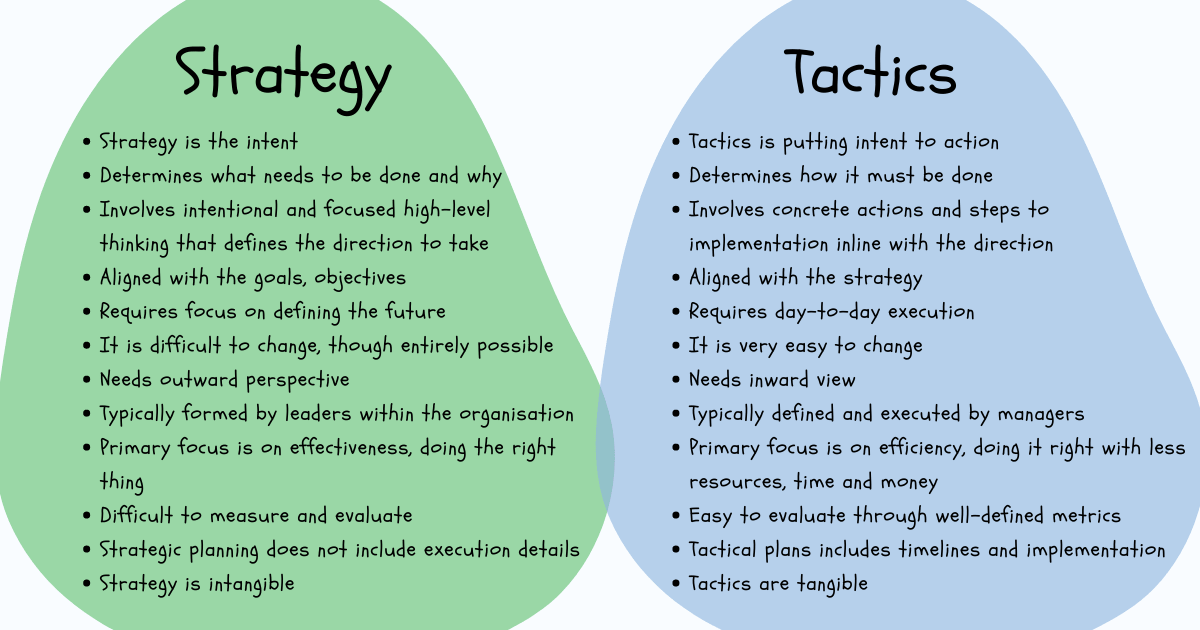 She justifies her actions with concern for his well-being. However, such care can lead to neurosis if a man does not recognize the intentions of the manipulator in time. You should not comfort yourself with the thought that you are strong and smart, and this will not happen to you. That's exactly what she needs. The manipulator is looking for a unique resource, that is, a partner who is full of vitality. Otherwise, she will simply have nothing to parasitize on.
She justifies her actions with concern for his well-being. However, such care can lead to neurosis if a man does not recognize the intentions of the manipulator in time. You should not comfort yourself with the thought that you are strong and smart, and this will not happen to you. That's exactly what she needs. The manipulator is looking for a unique resource, that is, a partner who is full of vitality. Otherwise, she will simply have nothing to parasitize on.
How to recognize manipulation? Here are 7 of the most common signs.
1. The perfect beginning of the end
Everything is always great at first. The manipulator is pleasant and charming. He shows you that he or she is a warm and understanding person, and you can always discuss all your joys, sorrows and share your problems. After all, this person convinces you of this. And then he or she begins to use your openness, gullibility and turns on the mechanism of manipulation. The manipulator charms you, tempts you, and slowly tames you.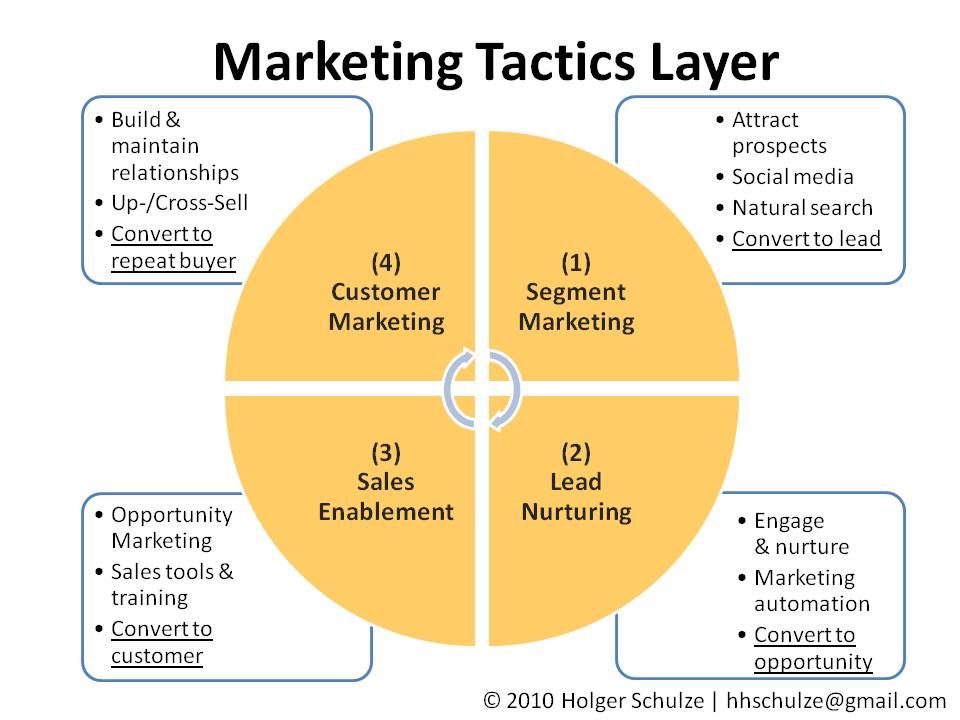 This is one of the most obvious signs that you are being manipulated in a relationship.
This is one of the most obvious signs that you are being manipulated in a relationship.
2. Guilt manipulation
These people always pretend to be victims. Usually they resort to the same technique, telling sad stories from their lives. This technique helps them make you feel at ease when you try to fulfill their demands or requests.
3. Switchmen
It's very simple. For example, the manipulator did something not very good or not very right, but he or she will always find a way to make you feel guilty for what happened. For example, if you find a person talking on social networks with an ex, then instead of apologizing or somehow explaining, the manipulator will try to turn the situation around. Such a person will accuse you of spying on him, that you do not respect his personality, and will be terribly angry because of this. Such people are sure to make you feel that you are to blame for the occurrence of such a situation and, most likely, will get out of it with impunity.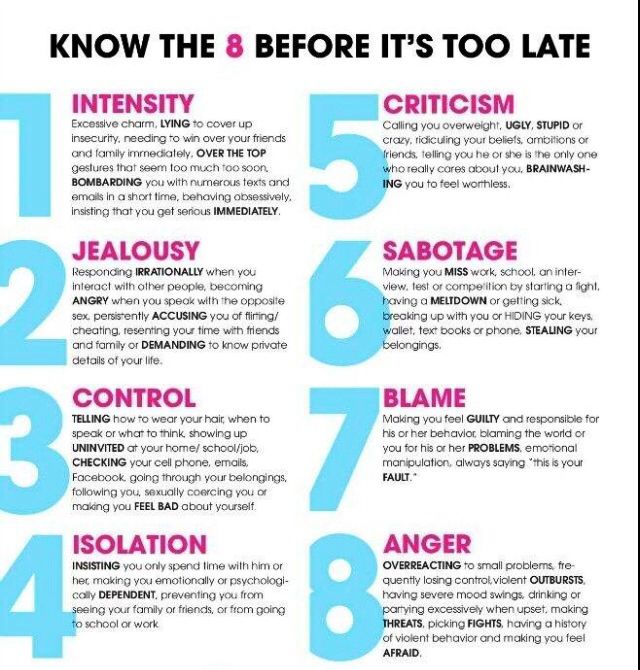
4. Worthless counselor
Being manipulated in a relationship, you will notice how the manipulators turn into your spiritual guides. They will always tell you how you should live, what to do and what to avoid. They will always try to take over your mind and give advice. But you must understand that the ideal person is not the one who constantly tells you what you should do, but the one who turns up next to you in time to lend a helping hand and support you when necessary.
5. The mocking critic
Sarcasm is the best weapon of manipulators. They will never criticize you directly, but will always do so through ridicule, exaggerating your sins, or downplaying your virtues. Manipulators want the other person to always feel miserable. Thus they are "recharged".
Follow me on social networks and get a free checklist for healthy relationships 👇🏻❤
https://taplink.cc/darya.stuzha
6. Eloquent manipulation
Manipulators have an excellent ability to express their thoughts and, if necessary, instantly change the subject of conversation. They usually talk about everything. And if you start trying to object and give arguments, then, as a rule, the manipulator never enters into a discussion. He or she will simply change the subject. Moreover, the principle "the best defense is an attack" works great for a manipulator. Having understood the situation, try to refute the unfair accusations of the interlocutor.
They usually talk about everything. And if you start trying to object and give arguments, then, as a rule, the manipulator never enters into a discussion. He or she will simply change the subject. Moreover, the principle "the best defense is an attack" works great for a manipulator. Having understood the situation, try to refute the unfair accusations of the interlocutor.
7. Sophisticated threats
Threat is one of the tactics that every manipulator usually uses. This happens when they want to prevent an undesirable outcome of events that may occur as a result of your actions. The manipulator will simply threaten that this will have serious consequences for you.
If you are around a person who behaves in this way, you can be sure that you are meeting with a manipulator. You may think that he or she will change, but that is not the case. A manipulator will never do anything to change. You must understand that the manipulator will eventually completely subdue you. If you are sure that you are able to resist these manipulations, then, first of all, you must learn to recognize the tricks that the manipulators use.
If you are sure that you are able to resist these manipulations, then, first of all, you must learn to recognize the tricks that the manipulators use.
Methods of manipulation in relationships
A loved one often simply does not notice manipulations and forgets about their own needs and desires. Disconnecting from the manipulator will not bring immediate relief. For a long time there will be a feeling of attachment, guilt, a desire to take care of a partner, support. Sometimes the connection is so strong that it requires the help of a specialist to completely break it. But if you notice these or other methods of emotional manipulation in a relationship in time, you will be ready for a possible development of events and have time to prepare for them. Let's look at the basic methods of manipulating relationships.
1. Humiliation
This type of manipulation is very insidious and mean in its essence. It consists in allusions to the unattractiveness of a person: comparison with others, emphasizing shortcomings.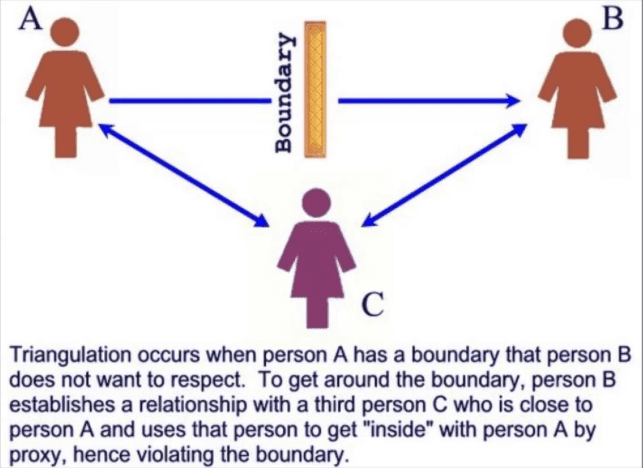 For example, the lack of such a sharp mind as the "smart and perfect" manipulator has, and so on. As a result of such manipulations, a person will begin to worry and be afraid that his partner will leave him.
For example, the lack of such a sharp mind as the "smart and perfect" manipulator has, and so on. As a result of such manipulations, a person will begin to worry and be afraid that his partner will leave him.
2. Ignoring
One of the most common relationship manipulation tactics is ignoring your partner. It affects absolutely all people. However, the danger of this method lies in the possibility of "playing too much" - a person begins to constantly ignore a loved one, not seeing boundaries.
3. Intimacy
Such a manipulation tactic in a relationship is acceptable only in a couple who leads an active sex life, and partners constantly want each other. If intimacy is rare, then manipulating a partner by denying him sex will not work.
4. Motivation through fear
This is one of the most favorite types of manipulation in relationships. It consists in forcing a person to make a decision not in his favor and scaring him well. The victim will do everything to play it safe. "You will never see me if...", "I can part with you even now, so decide...".
The victim will do everything to play it safe. "You will never see me if...", "I can part with you even now, so decide...".
5. Playing on low self-esteem
If a person has an inferiority complex, it is easy to manipulate his life, find weaknesses, and then reinforce the success achieved by exposing the victim in an awkward light right in front of everyone. The manipulator can even impose thoughts like: "Without me you are nobody", "You are not capable of anything" and so on. The main thing is to make a person believe in these thoughts.
6. Guilt
Men rarely use this method, such manipulations are typical for women, although there are guys who speculate on the pity of others. The best way to control the actions of another is to place all responsibility for what is happening on the other person. The main thing is not to give the victim time to come to his senses and come out in defense. When the manipulator wants to gain power over the situation, he simply takes offense and blames the person: "I tried so hard, but you ruined everything" and so on.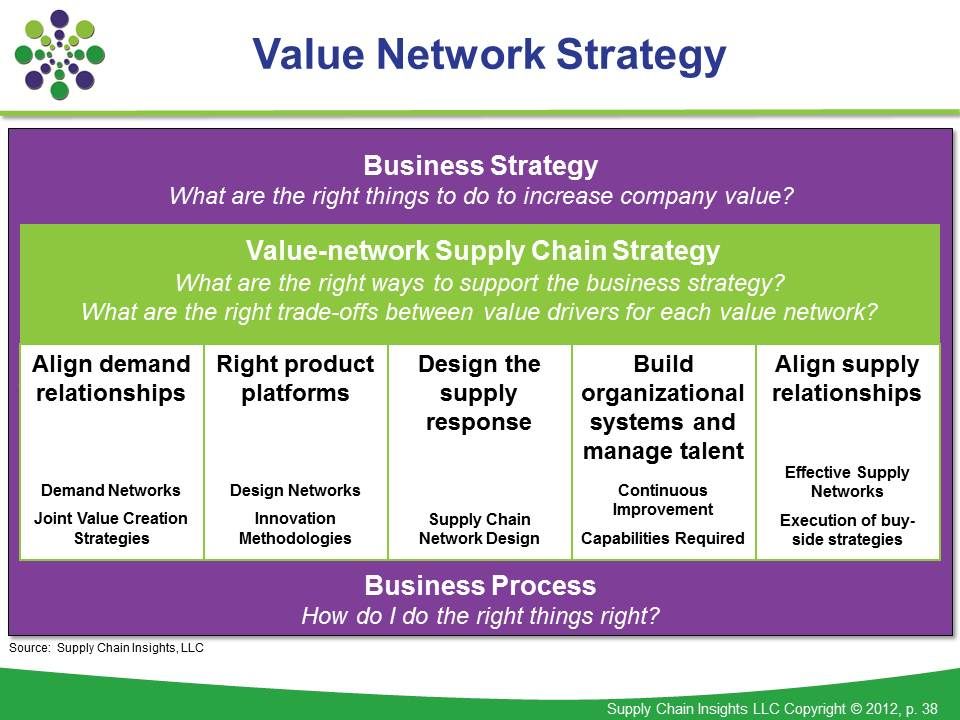
Manipulation in relationships rarely ends in something good, because one person obeys the will and desires of the other. However, knowing the technique of protection, you can avoid this, talk to the person and sort out the problems that have arisen. Noticing the manipulation, do not seek to leave immediately - perhaps the partner does not do this on purpose at all. Remember, only by understanding everything and keeping calm, you can make a final decision. Try to build the most sincere and warm relationship with your loved one!
Have you experienced manipulation in relationships? If yes, how did you deal with the situation? Please share your opinion and don't forget to subscribe!
Follow me on social networks and get a healthy relationship checklist for free 👇🏻❤
Toxic People: Counter-Manipulation
When we encounter toxic people, we become targets for a whole arsenal of manipulative techniques. All tactics have one thing in common: the damage they cause to us and those around us.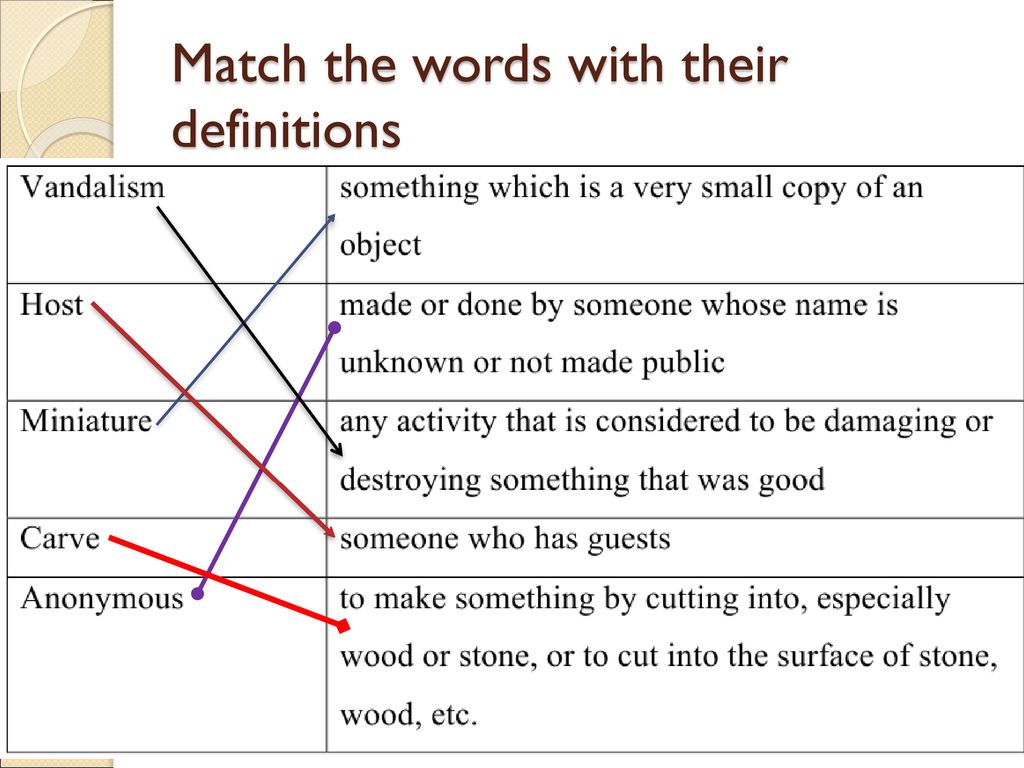 Sergey Zhurikhin, Vice-Rector of the Moscow Government University, told us at the webinar how to counter the most common manipulative tactics. In this material, we have collected for you the main results of the master class.
Sergey Zhurikhin, Vice-Rector of the Moscow Government University, told us at the webinar how to counter the most common manipulative tactics. In this material, we have collected for you the main results of the master class.
Toxicity is a relationship property, not a personality trait. Responsibility for relationships lies with all participants. Are there people in your life whose communication destroys your faith in yourself and the world around you? Listen carefully to your feelings. What do you feel while communicating with a person? Can you think about your goals and work towards them, or are you included in the other person's goals and concerns? Do you feel good during the dialogue, or do you feel guilty?
CHILDHOOD MANIPULATIONS
Weakness
The child lacked the attention of adults, he had to seek attention and care. He grows up and loses hope of achieving his goals by direct methods.
Disbelief in the effectiveness of the request
Many wishes from childhood did not come true.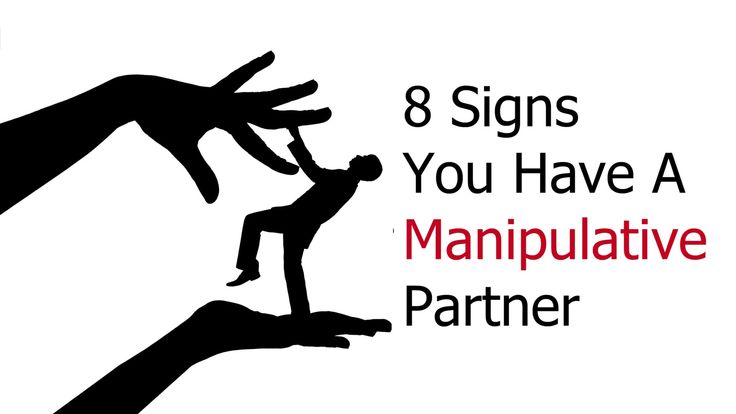 It is difficult for a child to understand that his desires are unrealistic. And now an adult subconsciously feels: his desires are unrealistic, and his requests are not effective. In some cultures, the irrational idea is strong " never ask for anything " . And therefore what? Demand!
It is difficult for a child to understand that his desires are unrealistic. And now an adult subconsciously feels: his desires are unrealistic, and his requests are not effective. In some cultures, the irrational idea is strong " never ask for anything " . And therefore what? Demand!
Disbelief in the validity of persuasion
The child proved to his parents why this or that is important to him. For example, buying a toy. And the parents simply did not comply with the request, sometimes without even explaining why they refused: " Just no, that's all! »
Striving for a one-sided win
You can't let someone else win. The victory of another may not harm us, but from childhood we are accustomed to achieving, accustomed that losing is bad.
Habit
Someone from childhood got used to the fact that the only way to achieve a goal is through manipulation.
TACTICS OF MANIPULATION
Gaslighting
A form of psychological abuse. The main task is to make a person doubt the objectivity of his perception: « Are you out of your mind?! » , « It didn't happen! »
What to do? State facts, build a clear detailed picture, write down agreements, maybe communicate in writing with a person.
Projection
Shifting responsibility for one's negative behavior. A person does not see his shortcomings, shifts responsibility to others. Someone is always to blame, but not them.
What to do? Ask questions: « How did it happen? » , « Why did it happen this way and not otherwise? »
Pointless talk
Opponent's arguments are not important. The person seems to be talking to himself, not answering arguments and questions. He argues not with you, but with himself.
He argues not with you, but with himself.
What to do? Reduce communication, disagree.
Empty statements and generalizations
Toxic people are intellectually lazy, they don't like to read and develop. They write off resentment on your hypersensitivity, generalize facts, make empty statements.
Distortion of thoughts and bringing them to the point of absurdity
A person brings your words to the point of absurdity: « You might think that you are perfect! »
Covert and overt threats
“ Do it or I… ”
The person distracts you from the problem and inspires fear.
Charm tactics
A person can give compliments, give gifts so that the other person does what he needs.
Tactics of silence
The person does not notice you until you fulfill his request.
Tactics of coercion
Demands, shouts, threats.
Tactics of arguments
A person points out the reasons, presses with his arguments.
Protective tactics
The manipulator takes the position of a child, takes offense.
Humiliation tactics
Begs to do what he needs, offers anything in return.
What to do with manipulative relationships?
The main recipe is do not communicate with such people. If this is a significant person for you, then you can work with it. But it's long.
COUNTERMANIPULATION TACTICS
Equanimity
Pause. Feel the tense parts of your body and relax them. Take a few breaths in and out.
You are present in the dialogue, but do not involve your feelings in it. Toxic people are waiting for an immediate reaction, as " feed on " emotions, a pause means that you are in control.
Compassionate understanding
Toxic people are ruled by negative emotions. Put yourself in the place of this person, try to show sympathy. Remain unperturbed.
Conscious communication
Listen actively, focus on what is happening here and now, ask questions to the opponent: « What do you suggest? » , « What's the point? »
Interrupt
Say that you are not ready to communicate with a person in this tone or on the basis of such principles. For example: « I must cut off communication, it seems you are having a hard day. I'm sorry, but I don't want to talk to you now ".
Assertiveness
Set limits. Deep down, the manipulator understands that he is behaving toxicly. You need to let him know what line you can’t cross. For example: " I only have time to talk about the essence of " .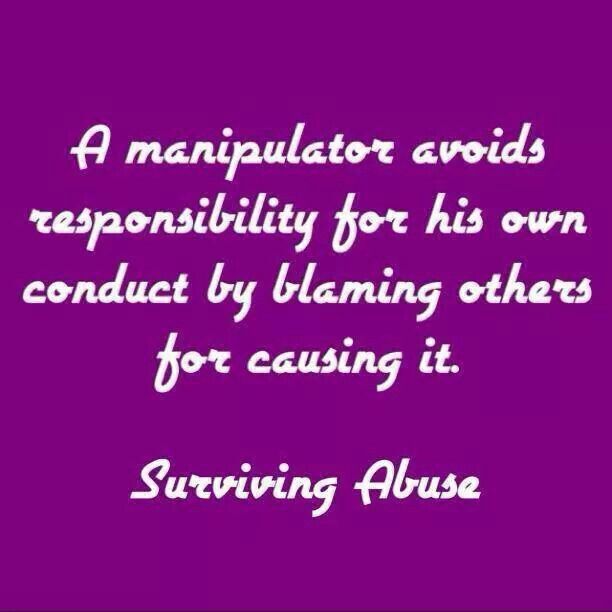
The most effective method of counter-manipulation is equanimity, and the most critical is interruption. This tactic can end not only with the completion of a specific dialogue, but also with the completion of communication with a person in general.
Universal communication scheme
To understand how to present information to the interlocutor, work through the situation, answer the questions.
What actions should the interlocutor perform after the conversation?
Be clear about your expectations.
Does the person have an interest in you?
Why would a person want to listen to you? What hierarchy are you in? Think about what the person wants to hear from you and how.
How much time (strength, money, nerves) will it cost a person?
What threatens your opponent with your proposal (idea, decision, request)? Give the interlocutor the opportunity to talk about their costs, think them over yourself.

